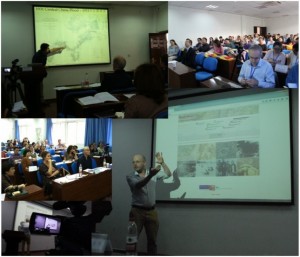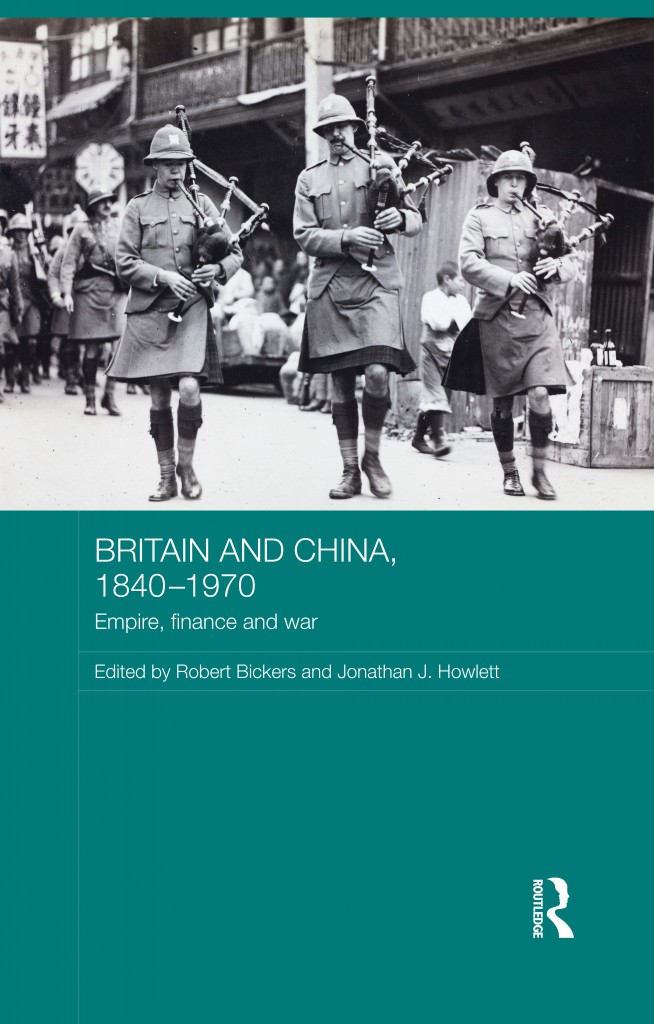A public Talk by Dame Helen Ghosh Director- General of the National Trust at Manchester University.
China held a distinctive place in the European consciousness in the 18th and 19th centuries, and this was no more apparent than in the country houses and gardens that would come into the hands of the National Trust in the 20th and 21st centuries. At times admiring of China’s 4,000 year lineage of society, ethics and traditions, while at other times dismissive of a culture whose artefacts and their collection were viewed as no more than a “deviant obsession”, the British reflected their own ideas of China in the objects they bought and commissioned from the East. Dame Helen will discuss the influence that this fascination with China and Chinese objects has had upon the National Trust’s places and collections, and the people that shaped them, using case studies to draw attention to the complex and lasting impact of China in Britain.
A short biography:
Dame Helen joined the civil service from Oxford University, where she read modern history. During her civil service career, Helen worked in a wide range of Government departments, working on a range of social policy issues, including child poverty, asylum and immigration, and local community regeneration. She also worked on key environmental policies, including climate change mitigation and adaptation, and the protection of habitat for endangered species. In the 1990s and early 2000s, Helen worked at the heart of Government, in Cabinet Office, advising on efficiency and propriety issues. She spent seven years as a Permanent Secretary (CEO) in two departments, Defra and Home Office. In late 2012, Helen moved to become Director-General of the National Trust, where her interest in history, people and places, and her commitment to the environment come together.
For tickets please click here to register.



